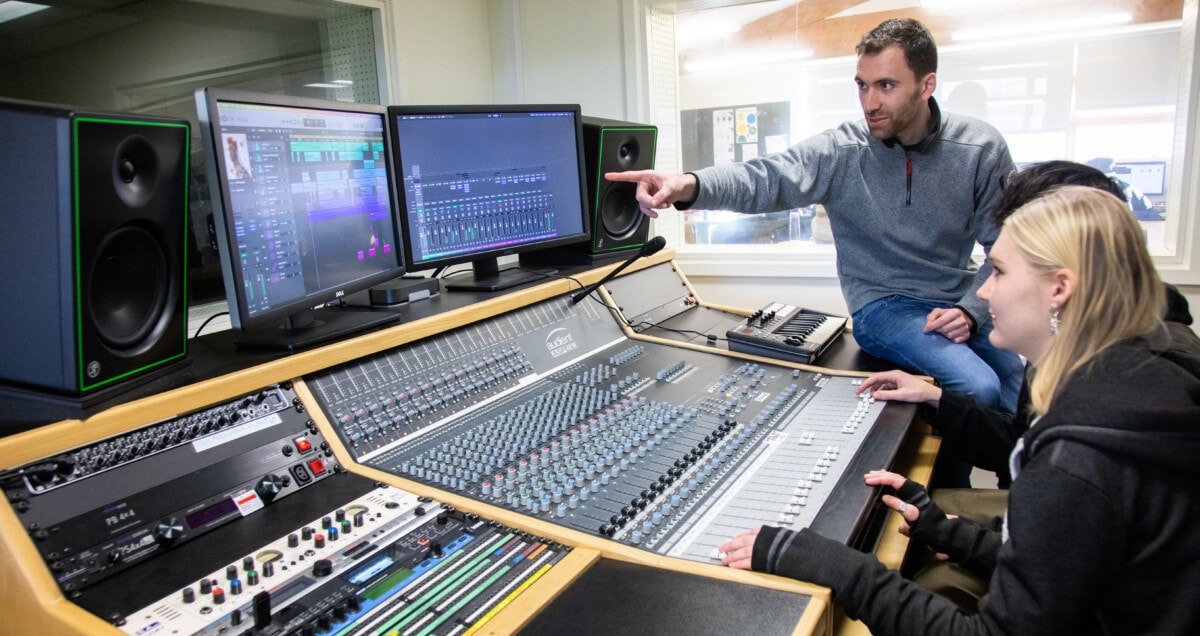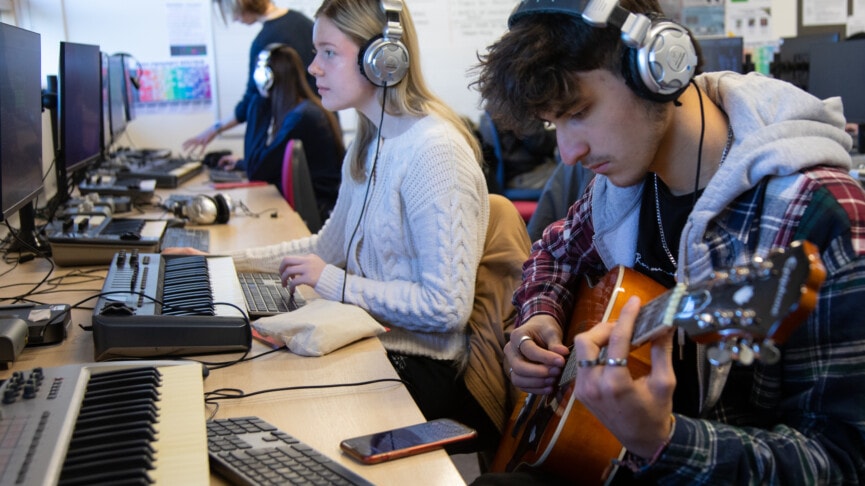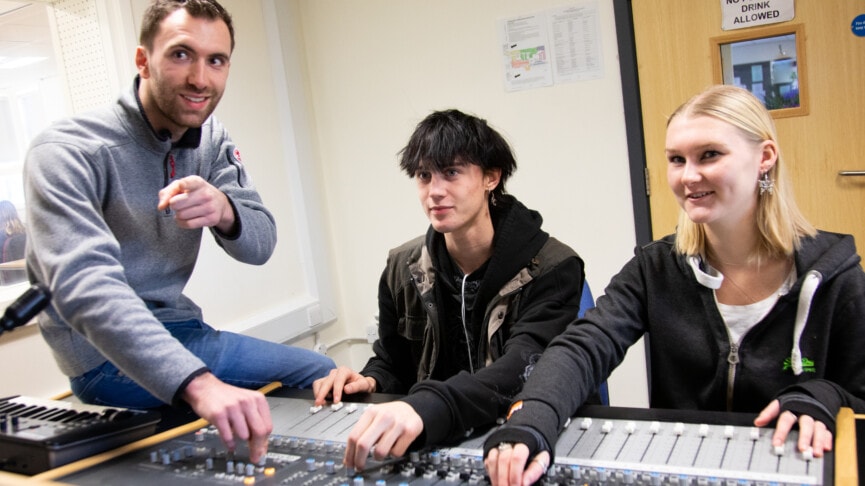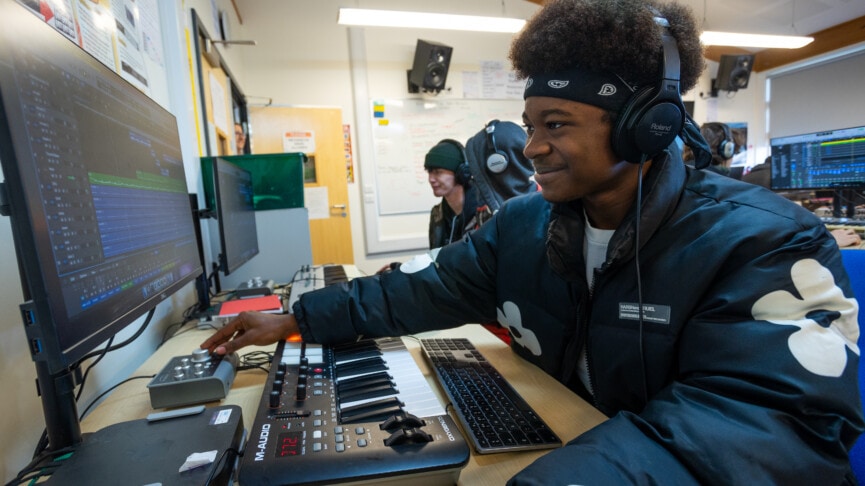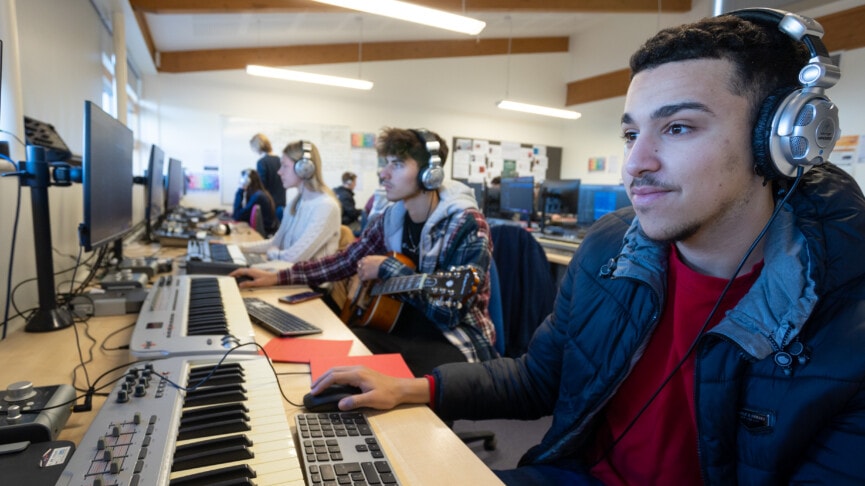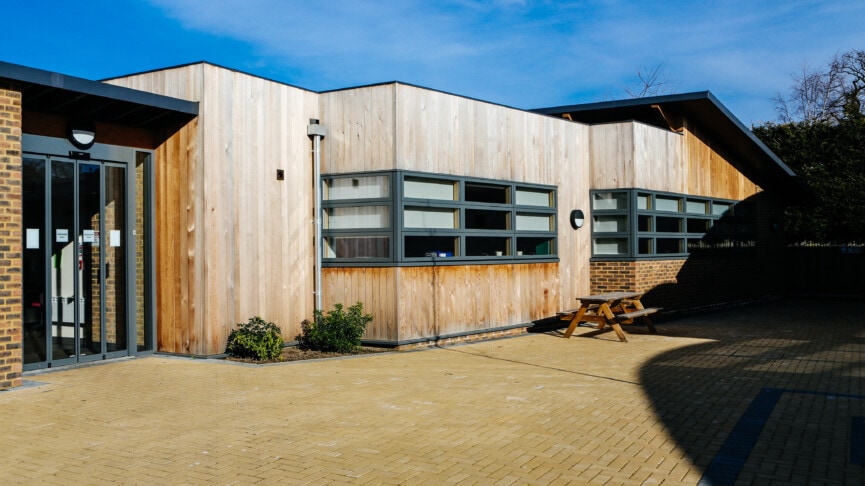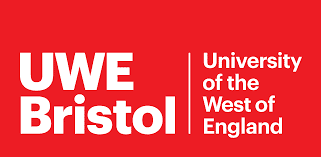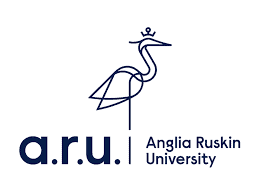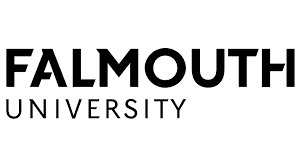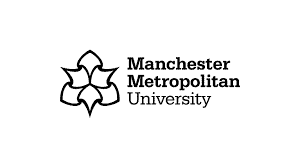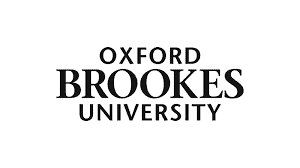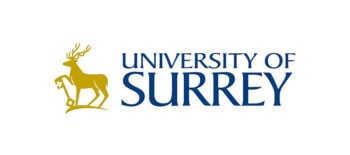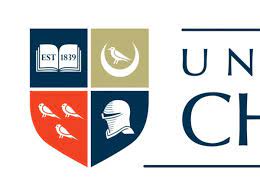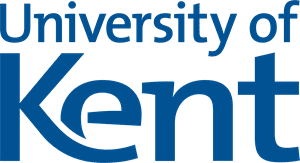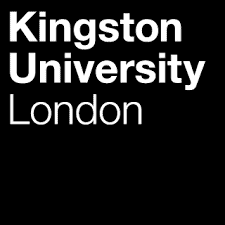Overview
Music Technology BTEC is a nationally recognised and respected applied learning qualification. This subject provides the opportunity to build understanding of the technical processes and principles that underpin effective use of music technology in creating, performing, recording and producing contemporary music. The course is suited to any student wishing to progress their skills and work within the music industry. This two-year course is equivalent to one A Level.
Entry Requirements
Aside from the general entry criteria that the College requires, the ability to read standard music notation and have a good ear is very important. If you are concerned that your music theory is weak then you will be offered the opportunity to take extra lessons to improve this in order to support your progress on the course.
It is advisable to have studied Music or Music Technology at GCSE/BTEC Level 2. You must have some performance skills and the ability to play an instrument or sing. Aural skills are very important and you will be required to listen to and record music from all genres. Most importantly you must be able to hear what is accurate musically and what is not.
Course Details
In the first year students will cover three units;
- Unit 25: Music Production Techniques – Create a musical product using studio recording facilities, taking on the roles of performer, producer, engineer and assistant and learning to edit and mix on Logic.
- Unit 32: Sequencing Systems and Techniques – Work with both MIDI and audio to create sequencing projects on Logic.
- Unit 14: Listening Skills for Music Technologists – Engage in active listening practice and learn how to hear and correct errors in performances and recordings. Recognising and describing qualities in recorded and live music sounds is essential in this subject.
In your second year, you will cover another three units;
- Unit 9: Delivering a Music Product – Create a 15-minute EP and develop recording studio skills. The unit focuses on working to a deadline and working in performance ensembles and production teams, to simulate the real-world environment of the music industry.
- Unit 20: Music and Sound for the Moving Image – Build your sequencing software skills with the addition of mapping created sound to movie clips. This unit involves using VST instruments as well as recorded audio to create film-style sound design.
- Unit 43: Special Subject Investigation – Undertake an in depth exploration of a chosen area before presenting your findings in a written report, and visual presentation. The project must have links to the music technology industry and can support employment in journalism, promotion, artist management and marketing.
Assessment
The course is internally assessed through assignments set every half term, with each unit graded as pass, merit or distinction. Students will achieve a pass, merit or distinction overall depending on their results across all units.
Subject Combinations
Music Technology BTEC combines well with Music A Level, as skills learnt in both subjects are very complementary. It can also work well alongside combinations as diverse as Mathematics and Physics A level, Media Studies A Level, or Performing Arts BTEC.
University Destinations
Music Technology BTEC is a highly respected qualification, with 90% of students at Esher going on to university.
Here are some typical university destinations that our Music Technology students go to. Click on a destination to see some examples of courses they may have taken;
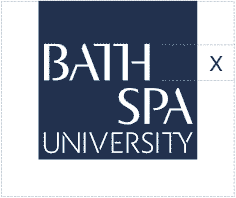
Bath Spa University
Typical courses: Commercial Music / Creative Music Technology (Games and Interactive Media)
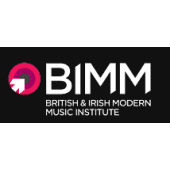
Brighton Institute of Modern Music
Typical courses: Popular Music Performance / Song Writing / Music and Sound Production
Careers
There are many opportunities for further study at higher education institutions, and many career possibilities for those proficient in handling music technology.
Level 3 BTEC Music Technology is widely accepted by higher education providers and continues to provide valuable experience and preparation for students aiming for higher education in the subject. Music Technology careers could include work as sound engineers, acoustic design, record producers, performers and songwriters, and teachers. Many employers are interested in music for its artistic and creative aspects, which can also lead potential employees into fields such as media, marketing, TV and film.
Music at degree level is incredibly varied from institution to institution, so it is necessary to consider which element of music you want to pursue. There are courses in sound design, audio engineering, creative digital arts, production, contemporary music and performance.
FAQs
What is the difference between Music and Music Technology?
Music Technology BTEC is very different from Music A Level. Music Technology involves the study of DAW software such as Logic, sound recording equipment and methods of studio production used in the popular music industry; whereas in Music A Level we study music from all periods of history, perform using studio equipment to record performances, and compose with software programmes such as Sibelius and Logic.
Both courses are made up of three Units in each year which are assessed internally at regular intervals. Music A Level has a formal externally marked written exam. Both courses are practical in their approach, but also include some written work, research, reading, and presentation-type assignments. Music A Level and Music Technology BTEC can be taken together as they offer a broad spectrum of musical study which would support any career in Music.
What extra support/enrichment activities are on offer?
Music is delivered in a new purpose-built centre allowing students access to recording and practice facilities. There are regular concerts and open-mic events, facilitating both solo and ensemble performance, contemporary choir, jazz groups, rock bands, and the opportunity to form smaller ensembles. Sometimes, we take students out for performances in the wider community at Christmas and in the summer term.
There are a number of trips including the chance to attend Opera, Symphony Concerts, Musicals, and Jazz events. There are also yearly workshops on recording, collaboration and production techniques led by professionals in their field.
